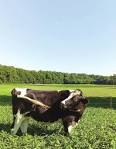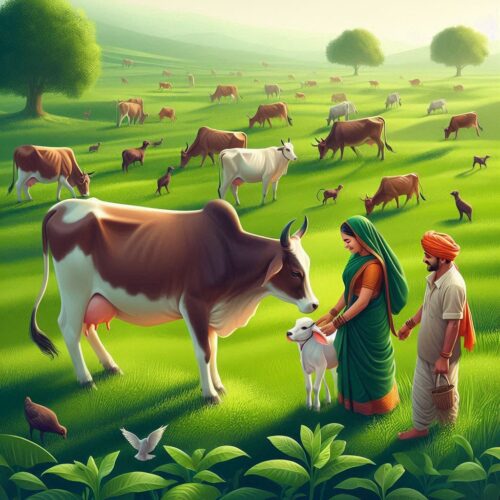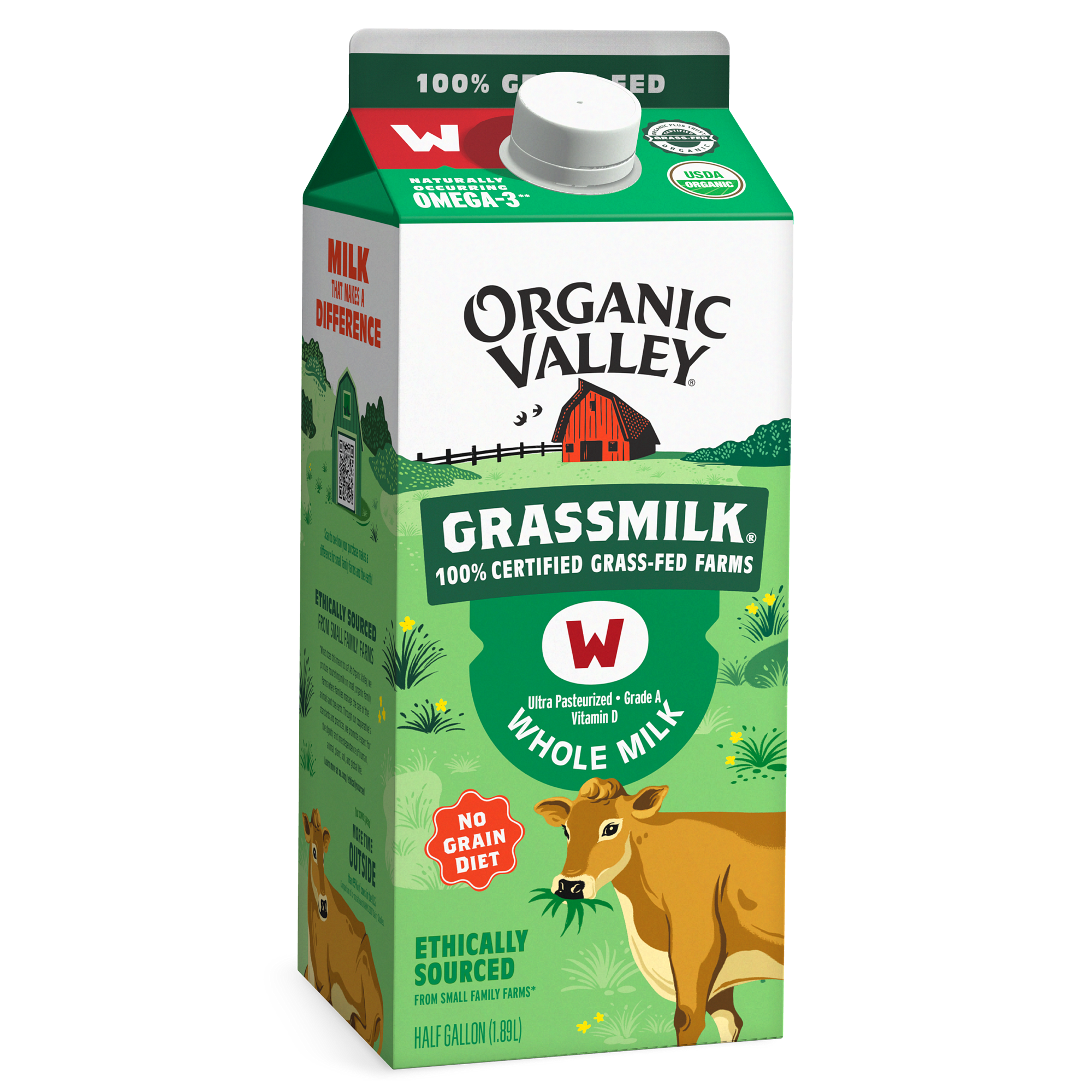
Milking Your Values: A Guide to Ethically Sourced Homestead Dairy

The clink of a glass milk bottle, the rich cream swirling on top, the satisfaction of homemade yogurt - dairy is often at the heart of homestead kitchens. But what if the very source of that nourishment clashes with our values of sustainability, animal welfare, and supporting local communities? I remember the first time I considered this deeply. I was churning butter, using milk from the grocery store, and a wave of unease washed over me. It felt incongruous, this act of homespun creation using a product from a system I wasn't sure I fully supported. That day, I resolved to explore more intentional ways to source dairy for my homestead.
The truth is, the conventional dairy industry often presents ethical challenges. From concerns about animal living conditions and feed sources to the environmental impact of large-scale operations and fair labor practices, there's much to consider. Fortunately, as homesteaders, we have the power to make informed choices and source dairy that aligns with our values. This post delves into the world of ethically sourced dairy, offering practical strategies, real-world examples, and actionable tips to help you find milk, cheese, and other dairy products that you can feel good about. We'll explore local options, discuss how to evaluate ethical claims, and even touch on the possibility of raising your own dairy animals. Get ready to transform your dairy consumption from a simple purchase to a conscious act of supporting a more sustainable and compassionate food system.
Understanding Your Dairy Needs and Values

Before diving into the world of ethical dairy sourcing, it's essential to take stock of your own needs and values. This self-assessment will guide your decision-making process and help you prioritize what's most important.
First, consider your dairy consumption. How much milk do you typically use each week? Are you a cheese aficionado? Do you regularly make yogurt, butter, or other dairy-based products? Knowing your volume will help you determine whether you need a consistent supply from a CSA or if occasional purchases from a local farm will suffice.
Next, define your ethical priorities. What aspects of dairy production are most important to you? Is it animal welfare, ensuring that cows have access to pasture and are treated with compassion? Is it environmental sustainability, focusing on farms that use regenerative grazing practices and minimize their carbon footprint? Or is it supporting local farmers and contributing to your community's economic vitality? Perhaps it's a combination of all these factors. Rank your priorities so you know what trade-offs you are willing to make (e.g., paying slightly more for milk from cows that are pasture-raised).
Finally, be honest about your budget. Ethically sourced dairy can sometimes be more expensive than conventional options. Determine what you can realistically afford and adjust your consumption accordingly. Perhaps you can prioritize ethically sourced milk for drinking and cooking but opt for less expensive cheeses for everyday use. Remember, even small changes can make a difference.
Ultimately, having a clear understanding of your needs and values is crucial for making informed dairy sourcing decisions.
Exploring Local Dairy Options: A Deep Dive
The most direct way to support ethical dairy practices is to source your dairy locally. This allows you to connect with the producers, see their operations firsthand, and ask questions about their practices.
Direct from the Farm: Visiting local dairy farms and purchasing directly offers unparalleled transparency and control. You can witness the animals' living conditions, learn about their feeding practices, and build a relationship with the farmers who produce your milk.
To find local farms, explore farmers' markets, online directories like Eatwild, or local homesteading groups. When visiting a farm, don't hesitate to ask questions:
- "What are your pasture management practices?"
- "Where do you source your feed?"
- "What are your animal health protocols?"
- "How do you process your milk?"
While buying directly from the farm offers many benefits, it also presents challenges. Availability can be limited, especially during certain seasons. Prices may be higher than grocery store options. And transportation can be an issue if the farm is located far from your home.
Community Supported Agriculture (CSA) for Dairy: Joining a dairy CSA provides a steady supply of locally produced dairy while directly supporting the farmers. In a CSA model, members pay a subscription fee upfront and receive regular deliveries of dairy products throughout the season. This provides farmers with a guaranteed income and allows them to focus on producing high-quality milk.
To find a reputable dairy CSA, ask around at farmers' markets or search online for CSAs in your area. Look for CSAs that prioritize transparency and allow members to visit the farm.
Local Retailers with Ethical Sourcing Practices: If direct farm purchases or CSAs aren't feasible, consider supporting local retailers who prioritize ethical dairy sourcing. Look for grocery stores or specialty shops that stock milk, cheese, and yogurt from local farms with sustainable practices.
Pay close attention to labels and research brands. Look for certifications like Certified Humane or Animal Welfare Approved, which indicate higher standards of animal welfare. Organic labels can also be a good indicator of sustainable farming practices, although it's important to understand the limitations of the organic certification.
Evaluating Ethical Claims and Avoiding Greenwashing

Unfortunately, the dairy industry is rife with greenwashing, where companies make misleading claims about their ethical and environmental practices. It's crucial to be a discerning consumer and evaluate claims carefully before making a purchase.
Understanding dairy labels is a critical first step. Labels like "Organic," "Certified Humane," and "Animal Welfare Approved" each have specific meanings and limitations. "Organic," for example, guarantees that cows are fed organic feed and have access to pasture, but it doesn't necessarily ensure optimal animal welfare. "Certified Humane" focuses on animal welfare standards but doesn't address environmental sustainability. Research the certifying organizations to understand their standards and whether they align with your values.
Be wary of vague language and unsubstantiated claims. Terms like "farm fresh" or "all natural" often have no legal definition and can be used to mislead consumers. Look for specific information about the farm's practices and certifications from reputable organizations.
Don't hesitate to ask questions. Contact the dairy farm or company directly and inquire about their animal welfare practices, feed sources, and environmental practices. A transparent company should be happy to provide you with detailed information.
The Future of Homestead Dairy: Making Your Own?
For the truly dedicated homesteader, raising your own dairy animals may be the ultimate step in ethical dairy sourcing. However, it's a significant commitment that requires substantial time, resources, and land.
Raising your own dairy cow or goat allows you to have complete control over their welfare and the quality of their milk. You can ensure that they have access to pasture, are fed a healthy diet, and are treated with compassion. You can also avoid the ethical concerns associated with large-scale dairy operations.
However, raising dairy animals is not for the faint of heart. It requires daily milking, feeding, and care. You'll need to have adequate pasture, shelter, and veterinary care. And you'll need to be prepared to handle the challenges of animal husbandry.
If you're not ready to commit to a full-sized dairy cow, consider starting small with dairy goats. Goats require less space and are easier to manage than cows. Alternatively, chickens for eggs can be a great starting point, providing a valuable source of protein and reducing your reliance on commercially produced eggs.
Cultivating a Conscious Dairy Habit
Choosing ethically sourced dairy is an ongoing journey, not a destination. By prioritizing sustainability, animal welfare, and local communities, we can transform our dairy consumption from a simple purchase to a conscious act of supporting a more sustainable and compassionate food system. Remember, even small changes can make a big difference. Every purchase is a vote for the kind of world you want to create. So, next time you reach for a gallon of milk, take a moment to consider its source and choose dairy that aligns with your values. Together, we can cultivate a conscious dairy habit that benefits our health, our communities, and the planet.
What are your favorite tips for homestead-friendly shopping for dairy? Share your thoughts and experiences in the comments below!